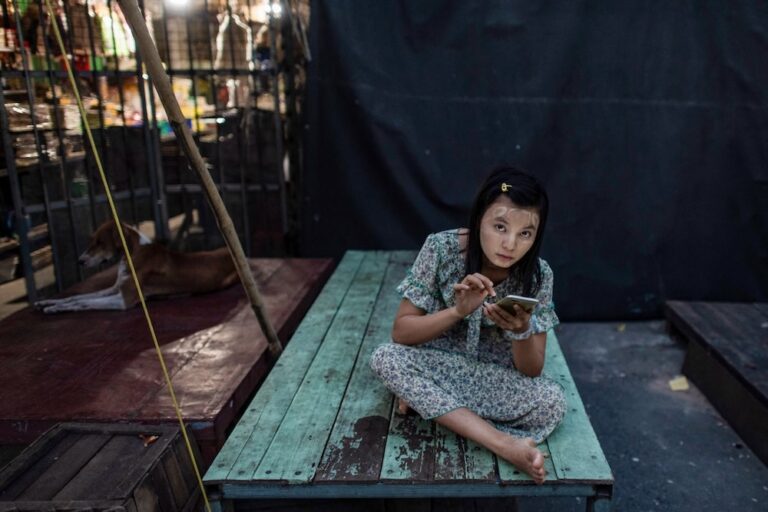The report addresses the question of what can be expected from the new civilian government, and what are its reasons for the recent gestures toward liberalisation.
(SEAPA/IFEX) – 3 October 2011 – In March 2011, Burma installed a nominally civilian government following last year’s internationally criticised elections. Led by the former prime minister and now President Thein Sein, it marked the end of the military regime which had ruled Southeast Asia’s most insular and regulated nation since 1962.
Media observers, noting that the same generals still occupy positions of power, questioned whether the change from military uniform to civilian suit represents a paradigm shift or merely a public relations exercise. The promises of reform by the government and the changes that have taken place in the past few months have been welcomed, but warily, since this pattern of promises without reform has occurred before in Burma’s long history of authoritarian rule.
As Mizzima News editor Sein Win, stated: “The role of independent media is more important than ever in the fight against the polished propaganda machine of the government.”
What can we expect from the new government, and what are their reasons for these gestures toward liberalisation?
Dr. Nicholas Farrelly, of Australian National University’s College of Asia and the Pacific, comments:
“Based on all of the recent moves and public statements the long-term prospects for press freedom, and the like, appear more favourable than we have seen since the 1950s. But, as ever, the potential for immediate and unpredicted roll-back of any progress remains. It is an increasingly contradictory landscape”.
Online access: one step forward, two steps back
Earlier this month, the government unblocked several foreign news websites, including Reuters, the Guardian, CNN, and the Bangkok Post. Some of the newly accessible sites – Voice of America, Radio Free Asia, and the BBC – have Burmese language sections. The websites of exiled Burmese news organisations such as the Democratic Voice of Burma and Irrawaddy can now be accessed, as well as social networking and streaming sites Hotmail, Blogger, and Youtube.
This step toward liberalisation, however welcome, is inconsistent with the government’s overall monitoring policy. Not only do a large number of websites remain off-limits, but internet usage is still restricted to the country’s public internet cafés. Since November 2010, internet cafes in Rangoon were required by the government to install closed-circuit cameras, screen-capture and keystroke-logging software so that online activities could be recorded and traced back to individuals. Flash drives have also been banned since May of this year.
Mizzima, whose website is only available through non-state-run Internet Service Provider (ISP) Yadanabon, quoted a Rangoon editor as speculating that the state “may want to know how many people access these websites when they are accessible”.
( . . . )


